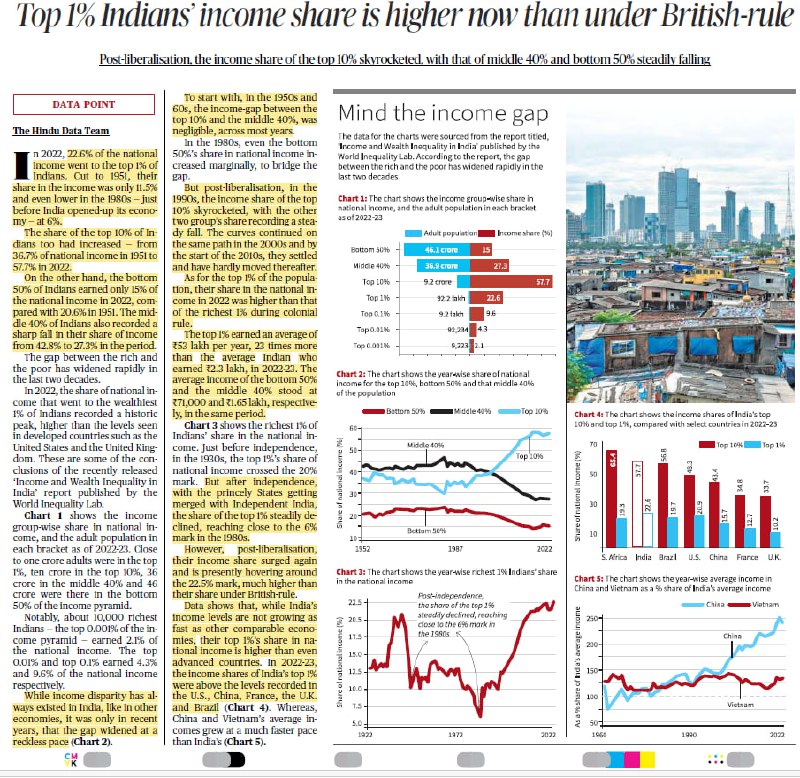2024-04-14 11:14:11
No need to read the full above article. You just need to understand few things.
Double Taxation Avoidance Agreement (DTAA) between India and Mauritius has been amended to include
Principal Purpose Test (PPT). PPT means the tax benefits under the treaty will not be applicable if it is established that obtaining that duty benefit was the principal purpose of any transaction or arrangement.
Let us understand with an example.
Suppose an Foreign Portfolio Investor (FPI) registered in Mauritius purchased shares of an Indian listed company. Now when the FPI receives dividend (or if it sells shares then it may realize capital gain) then India may also impose tax on dividend (or capital gain tax) and when the FPI receives that income in Mauritius then Mauritius Govt. may also impose tax which results in Double Taxation. Now to
avoid such double taxes (referred as tax benefits), India and Mauritius has signed Double Taxation Avoidance Agreement (DTAA).
But the Principal Purpose Test (PPT) says that if this transaction was done only to obtain duty benefit (tax avoidance) then the tax benefits will not be applicable to the investors. And this is in line with the global Base Erosion Profit Shifting (BEPS) framework.
Withholding tax is nothing but Tax Deducted at Source (TDS) in case of international transactions.
https://bit.ly/3SdghTR
20.1K viewsedited 08:14


